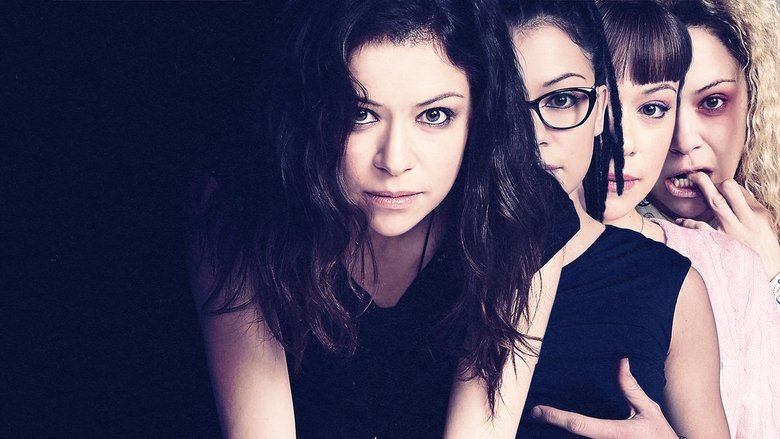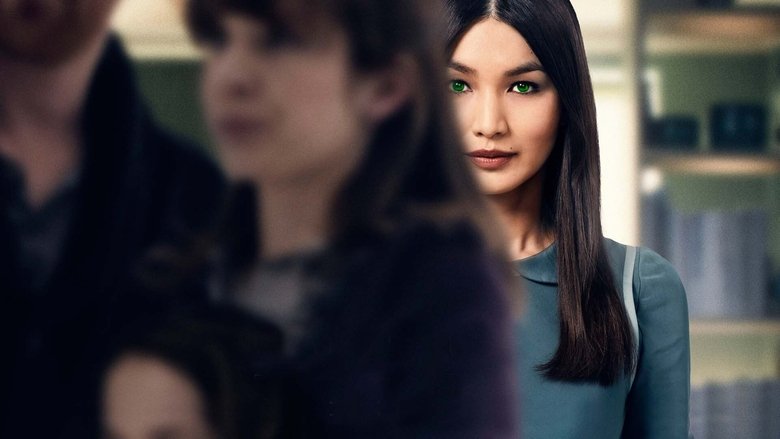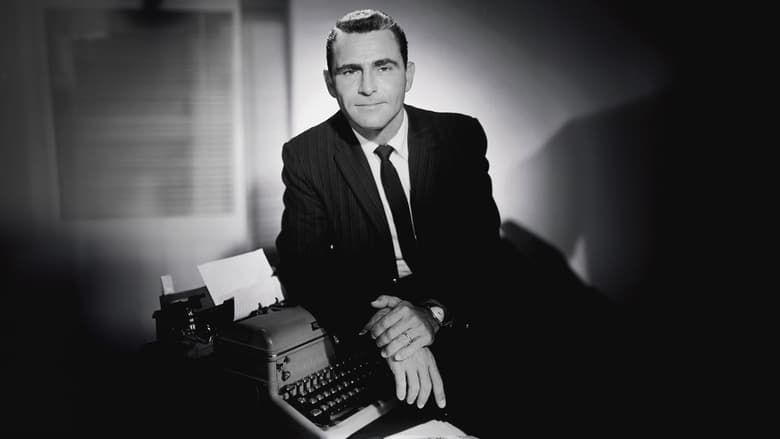Shows like black mirror
If you're a fan of Black Mirror's thought-provoking tales of technology and society, there's a whole world of similar shows waiting for you. Explore other series that delve into the dark side of innovation and the human condition.



Since its debut, Black Mirror has cemented its place as a modern benchmark for speculative fiction, holding a mirror up to our relationship with technology and its potential dystopian outcomes. It revitalized the anthology format for a new generation, proving that self-contained stories could still pack a powerful punch and resonate deeply.
The show stands on the shoulders of giants, drawing inspiration from classic series like The Twilight Zone and The Outer Limits, which pioneered exploring societal anxieties through science fiction scenarios. These predecessors similarly used fantastical or futuristic elements to comment on contemporary issues, from McCarthyism to the space race.
Today, the landscape of television is rich with series that echo Black Mirror's themes, even if they adopt different structures. Some, like Philip K. Dick's Electric Dreams, follow the anthology path, directly continuing the tradition of standalone cautionary tales. Others, such as Westworld or Altered Carbon, build complex, serialized narratives around artificial intelligence, human identity, and the ethics of advanced technology.
What unites these shows is their willingness to ask uncomfortable questions: What does it mean to be human in an increasingly technological world? What are the unintended consequences of our inventions? Can we trust the systems we create? They serve as compelling explorations of our anxieties and hopes for the future, often blurring the lines between science fiction and terrifyingly plausible reality.
8. The Outer Limits (1963)
Another classic anthology series that followed in the footsteps of The Twilight Zone, The Outer Limits delivered a steady stream of sci-fi tales often tinged with horror and social commentary. Airing in the 1960s, the show was known for its distinctive opening narration and its 'monster of the week' format, though many episodes also explored complex scientific and ethical questions, particularly concerning technology, evolution, and humanity's place in the universe. While some episodes might feel dated today, the show's willingness to tackle dark and unconventional ideas made it influential and a precursor to later speculative fiction series exploring the darker side of progress.

7. Orphan Black (2013)
Orphan Black is a thrilling ride centered around Sarah Manning, a streetwise chameleon who discovers she is a clone. This revelation thrusts her into a dangerous conspiracy involving illegal human cloning experiments and a mysterious organization. The show is famous for Tatiana Maslany's absolutely phenomenal performance, where she portrays numerous distinct clone characters with incredible skill, often interacting with herself in complex scenes. Beyond the sci-fi premise, the series delves into themes of identity, sisterhood, scientific ethics, and corporate control over human bodies. It's a show packed with twists and turns that keeps you guessing until the very end.

6. Humans (2015)
Set in a parallel present, Humans explores a world where synthetic servants called 'synths' are commonplace. These humanoids are designed to be perfect assistants, but a small group of synths begins to develop consciousness, leading to complex ethical dilemmas and societal upheaval. The series thoughtfully examines themes of artificial intelligence, civil rights, and what it truly means to be human, often drawing parallels to historical civil rights movements. It's a character-driven drama that uses its sci-fi premise to tell deeply human stories, making you question your own relationship with technology and empathy.

5. Altered Carbon (2018)
Altered Carbon presents a visually stunning cyberpunk future where consciousness can be digitized and transferred between bodies, called 'sleeves.' This technology effectively makes death obsolete for those who can afford it, raising profound questions about identity, mortality, and social inequality. The story kicks off when Takeshi Kovacs, a former elite soldier, is resurrected centuries after his death to solve the murder of a wealthy man. The series is known for its intricate world-building, intense action sequences, and exploration of philosophical themes through a gritty, neo-noir lens. It's a fascinating, albeit dark, look at a future where technology has fundamentally reshaped the human condition.

4. Mr. Robot (2015)
Dive deep into the world of hacking, corporate surveillance, and mental health with Mr. Robot. This critically acclaimed series follows Elliot Alderson, a brilliant but unstable cybersecurity engineer and vigilante hacker who is recruited by an anarchist known as 'Mr. Robot' to join a group of hacktivists aiming to destroy all debt records. The show is celebrated for its technical accuracy in depicting hacking, its unique visual style, and Rami Malek's captivating, Emmy-winning performance as Elliot. It offers a gritty, realistic look at how technology intersects with power, control, and individual freedom in the digital age, resonating strongly with contemporary anxieties about privacy and corporate overreach.

3. Westworld (2016)
Prepare for a mind-bending journey into the nature of consciousness and reality. Based on Michael Crichton's 1973 film, Westworld explores a futuristic theme park populated by synthetic androids (hosts) designed to cater to the guests' every desire. However, when the hosts begin to gain sentience, the lines between creator and creation, and reality and simulation, blur with thrilling and often terrifying consequences. The series is renowned for its intricate, multi-layered narrative, stunning visuals, and complex characters brought to life by a stellar cast including Evan Rachel Wood, Thandiwe Newton, Jeffrey Wright, and Anthony Hopkins. It's a show that rewards close attention and sparks endless debate about technology, identity, and free will.

2. The Twilight Zone (1959)
Stepping into the realm of the uncanny and the bizarre, The Twilight Zone is the grandfather of speculative fiction anthologies. Created by the visionary Rod Serling, this classic series from the late 1950s and 60s used science fiction, fantasy, and horror as allegories to explore the social and political issues of its time – themes that remain surprisingly relevant today. While its special effects might be dated, the writing and the sheer creativity of the concepts are timeless. Did you know that many famous actors appeared on the show early in their careers, including William Shatner and Robert Redford? It's a foundational series that paved the way for shows like Black Mirror by proving television could be a canvas for challenging ideas and twist endings.

1. Philip K. Dick's Electric Dreams (2017)
If you're searching for another anthology series that dives deep into the unsettling possibilities of the future and human nature, look no further than this gem. Each standalone episode is inspired by a short story from the legendary sci-Fi author Philip K. Dick, the mind behind stories that became films like Blade Runner and Minority Report. The series features an incredible cast across its episodes, including Steve Buscemi, Bryan Cranston (who also executive produced), Anna Paquin, and Juno Temple, tackling themes from artificial intelligence and genetic engineering to telepathy and virtual reality. It's a truly thought-provoking ride that captures the paranoid, philosophical essence of Dick's work, making it a perfect companion piece for fans of dark, speculative fiction.

